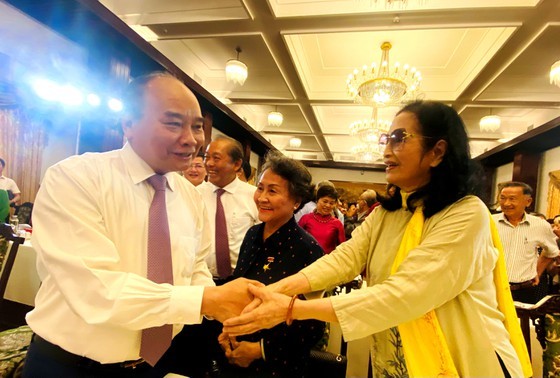 State President Nguyen Xuan Phuc (L) greets former southern students
State President Nguyen Xuan Phuc (L) greets former southern students
The gathering, held at the Reunification Palace in Ho Chi Minh City, took place on the occasion of the 47th anniversary of the Liberation of the South and National Reunification (April 30, 1975).
President Phuc said thanks to the care from the Party, the State, then President Ho Chi Minh, and people in the north, as well as their unceasing efforts to make self-improvement, generations of southern students grew up and made considerable contributions to the liberation of the south and national reunification in the past, along with national development and defence nowadays.
They always put their trust in the Party and the Fatherland and keep in mind the sentiment and support from the northerners, he went on.
He noted the schools for southern students in the north formed one of the successful educational models in Vietnam, adding that the achievements and lessons from this model suggested ways for fundamental and comprehensive reforms in education - training so as to meet industrialisation and modernisation requirements in a socialist-oriented market economy and extensive international integration.
In May 1949, then President Ho Chi Minh ordered the establishment of army children schools to train cadres for the revolution from young ages. Many of those students later became military officers and cadres in different sectors, dedicating to resistance wars against foreign invaders as well as national construction.
Basing on this model’s success, the Party and President Ho Chi Minh issued the policy of training cadres for the revolution in the south and the country as a whole. Schools, from kindergartens to high schools, for southern students were opened in the north. Their teachers and managers were outstanding ones chosen from the educational sector and different localities.
All the best things, from personnel to infrastructure, in the north were reserved for students from the south although the northern region was still struggling with numerous difficulties at that time, the State leader stressed.
He asked the former students to continue practical activities to express gratitude to their former schools, teachers, and host localities while upholding solidarity and educating the young on the history.


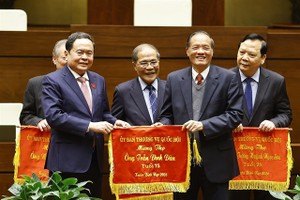
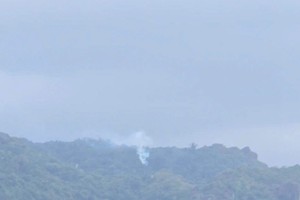
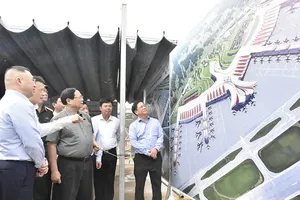
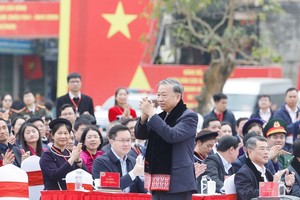
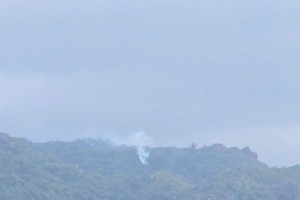
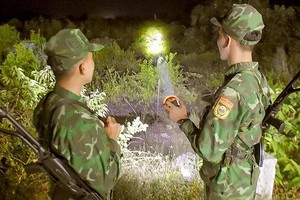
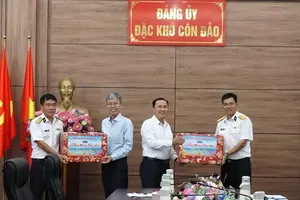
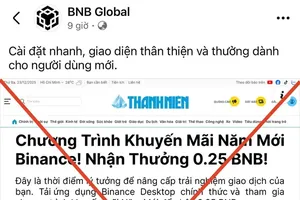
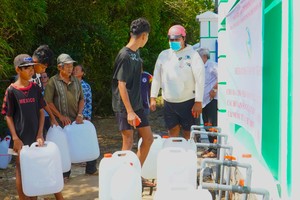
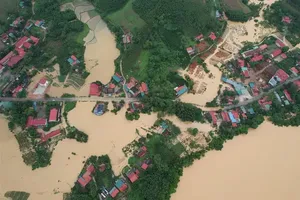
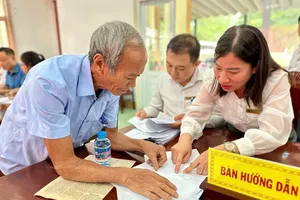
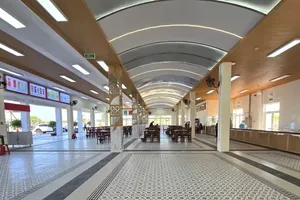
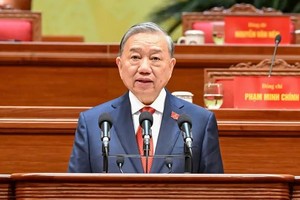
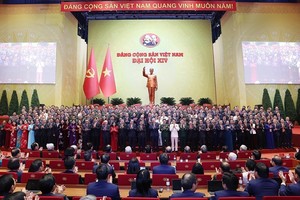
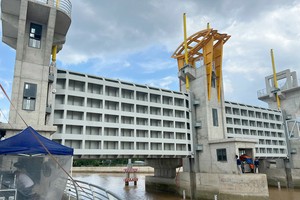
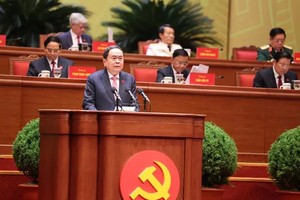
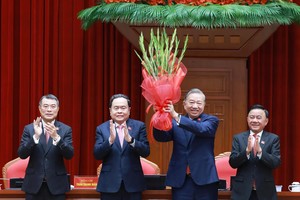
)




